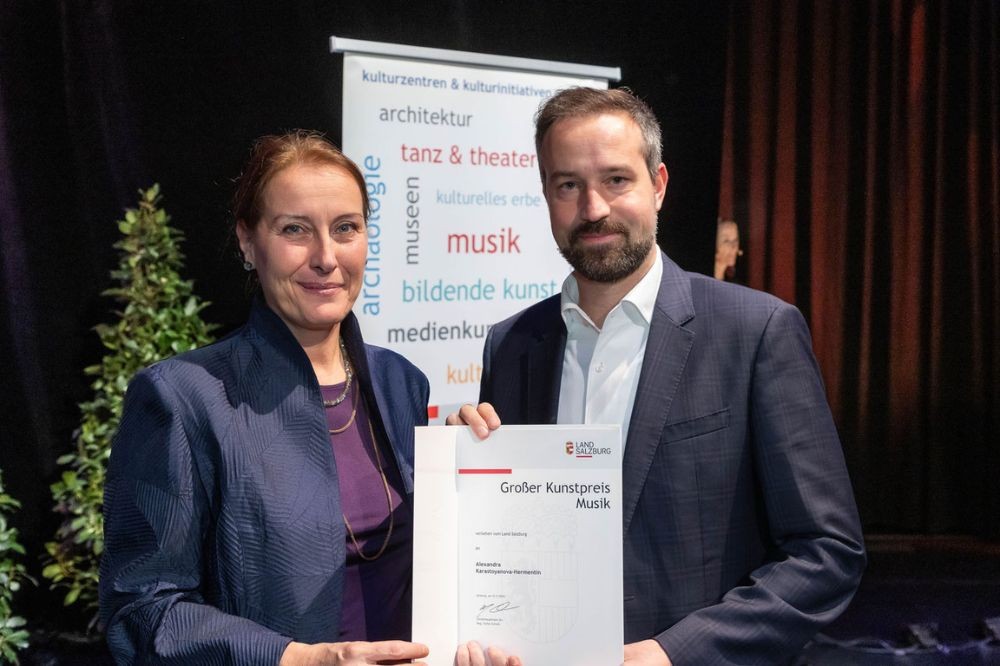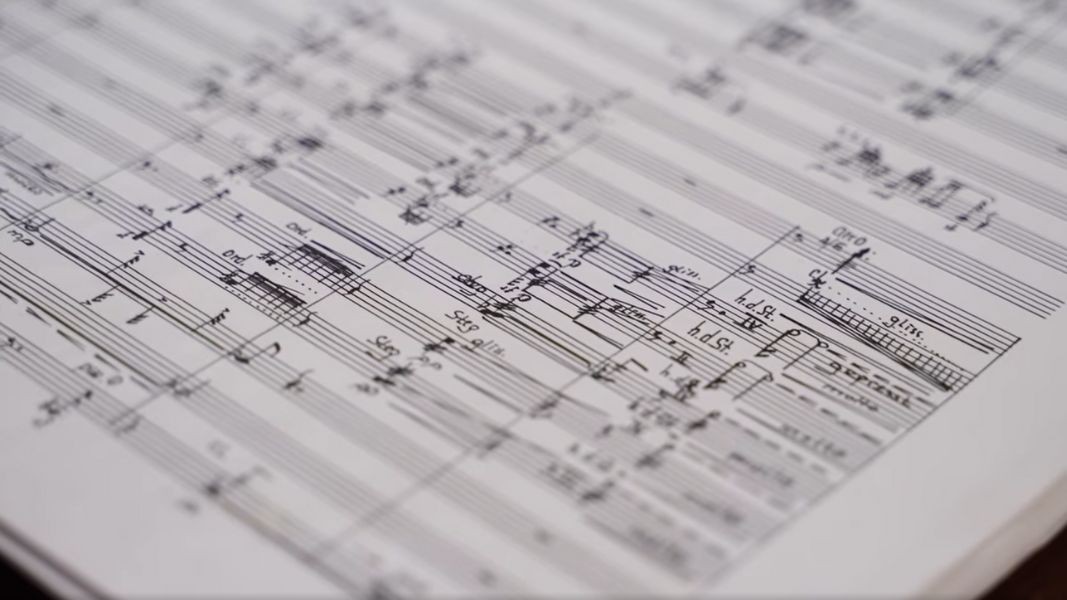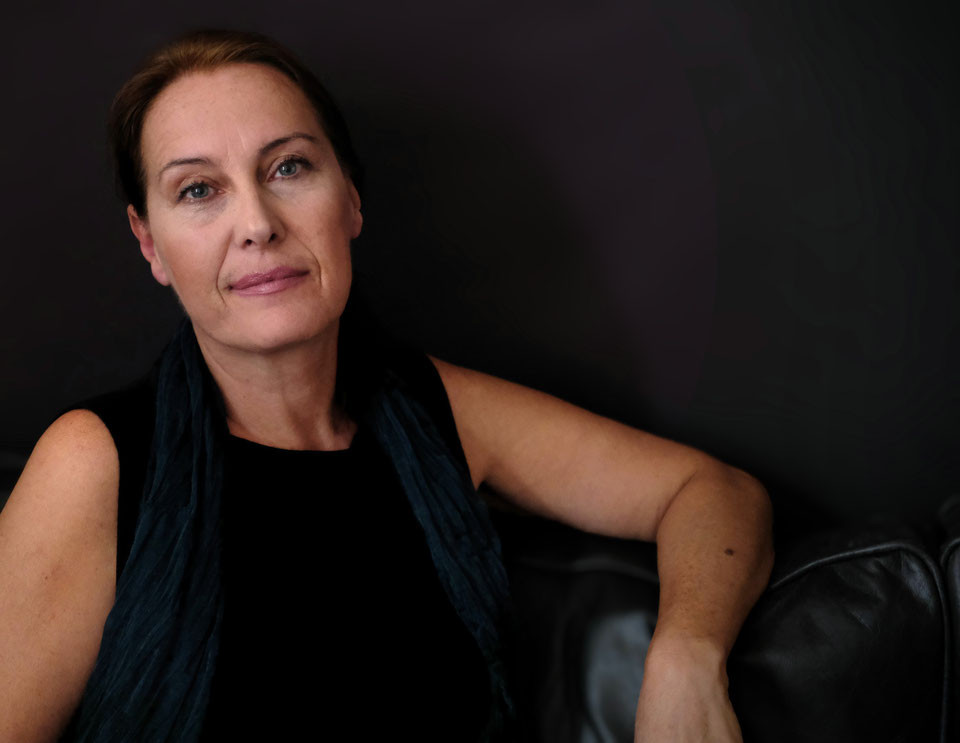





The young but already established singer ALMA welcomes the autumn with her first single in Bulgarian – ''Kazhi mi, che e san'' (Tell Me It’s a Dream). The music was composed by Alma herself in collaboration with Vasil Ivanov – Dexter. Dara..
Mary Boys Band have been preparing a series of concerts and presented a new song, called “Moeto momche” (My Boy). On Thursday, September 25, at the concert studio of Radio Varna at 7 p.m. Maria Mutafchieva and "her boy"..
More episodes from Radio Bulgaria's series presenting the Highlights of Bulgarian musical culture: Highlights of Bulgarian musical culture: Petko Staynov's Thracian Dances Highlights of Bulgarian musical culture: Emil Dimitrov's..
Lubo Kirov will conclude his national tour "25 Years on Stage" with two concerts at Hall No 1 of the National Palace of Culture in Sofia — on October..
The Bulgarian National Radio Folk Orchestra is kicking off its 73rd season. On 16 October, 7pm sharp, Studio One will host the opening concert – a night..

+359 2 9336 661
